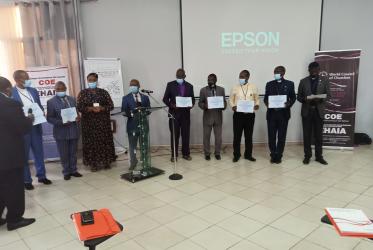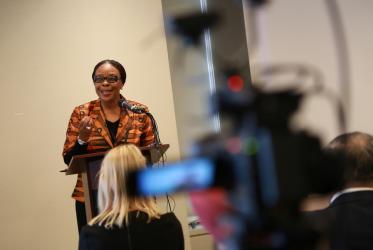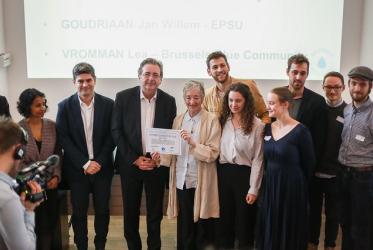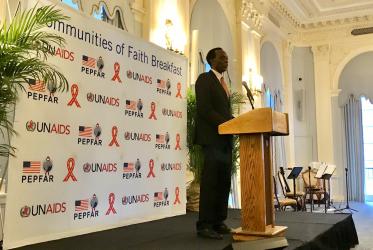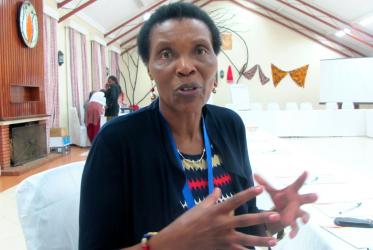Displaying 1 - 20 of 20
WCC mourns passing of Hendrew Lusey-Gekawaku
23 October 2020
WCC joins gathering of Blue Communities in Brussels
06 December 2019
In Zambia, foreign investors complicate “economy of life”
06 September 2017
GEM School: integrating theology and economics
05 September 2017
Zambia: “On HIV, we do not compete. We work together.”
20 October 2016
Kenya: Voice of faith communities crucial in overcoming HIV
14 October 2016
Churches have a special role to play in HIV response
18 November 2014
Churches must create and sustain healthy communities
09 April 2013
Churches engage in development dialogue on Africa
06 March 2013
